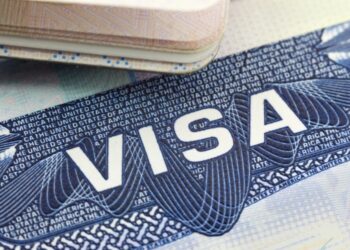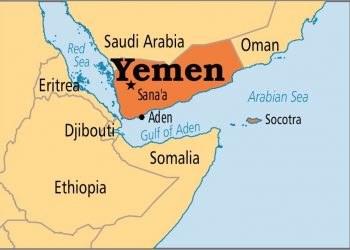UAE President Sheikh Mohamed bin Zayed Al Nahyan recently issued a federal decree-law, introducing the UAE Accountability Authority to replace the Supreme Audit Institution. This newly established entity, which reports directly to the President, is envisioned as the paramount authority for financial control, auditing, integrity, and transparency in the country, with a primary mission to uphold and enhance the integrity of public finances.

The decree clearly outlines the functions of the UAE Accountability Authority, underscoring its pivotal role in preserving public funds. This involves overseeing financial, accounting, and operational activities in entities under its jurisdiction, with a proactive stance towards combating financial and administrative corruption. The Authority also aims to fortify risk management systems, optimize detection capabilities, and ensure accountability for wrongdoers.
Beyond these operational aspects, the broader objectives of the authority include fostering integrity, accountability, transparency, and good governance within both the federal government and the entities subject to its oversight. Key responsibilities include reviewing and auditing the Consolidated Annual Report of the federal government, expressing opinions on it, and scrutinizing separate and combined annual financial statements in entities under the authority’s control.
To enforce accountability, the decree mandates that heads of entities subject to oversight and relevant ministers promptly implement the findings of the authority’s supervision. They are required to respond within 30 days, with the possibility of an extension under specified conditions.
Furthermore, the UAE Accountability Authority is granted the power to conduct administrative investigations in response to complaints and reports involving misappropriation of funds, conflicts of interest, misuse of authority, and other forms of corruption. The authority is also tasked with implementing preventive measures, controls for investigations, financial disclosures, and initiatives to protect whistleblowers and recover public funds.
To ensure proper accounting and governance practices, the authority is authorized to audit and review documents, data, reports, and electronic systems of subject entities. This extends to accessing external audit reports and evaluating the protection of official data, all while collaborating with relevant authorities.
The decree outlines comprehensive procedures for administrative investigations, covering the imposition of disciplinary penalties, recovery of unlawfully obtained public funds, and the referral of cases to competent prosecution if criminal offenses are suspected. The regulations also incentivize individuals to report corruption by providing moral or financial rewards, offering exemptions from penalties for early disclosure, and preserving investigations upon settlement.
In summary, the decree defines the entities falling under the authority’s purview, elucidating their roles and obligations. It marks a comprehensive step toward strengthening financial governance, accountability, and transparency in the UAE.

















